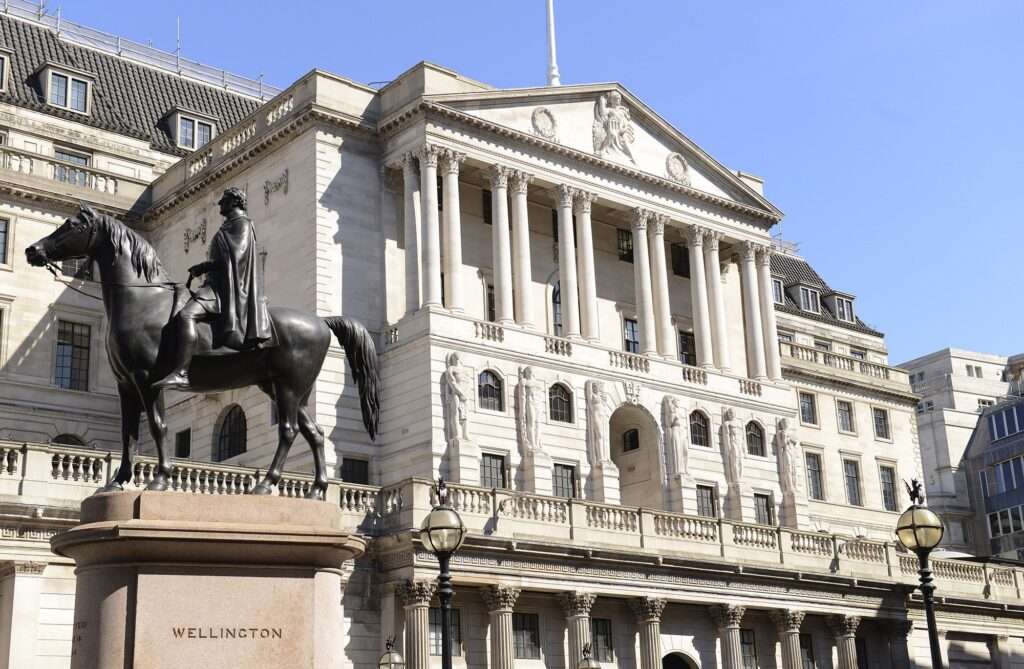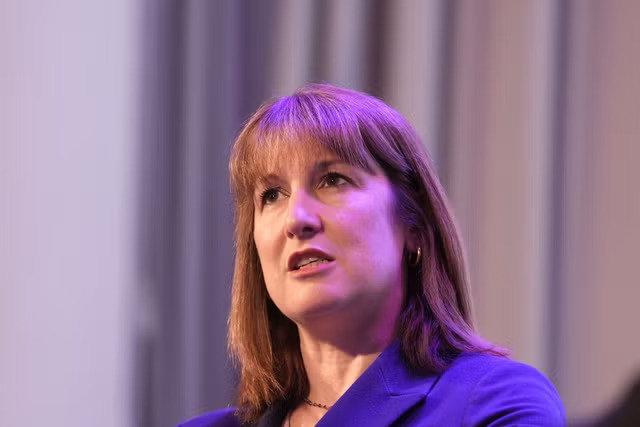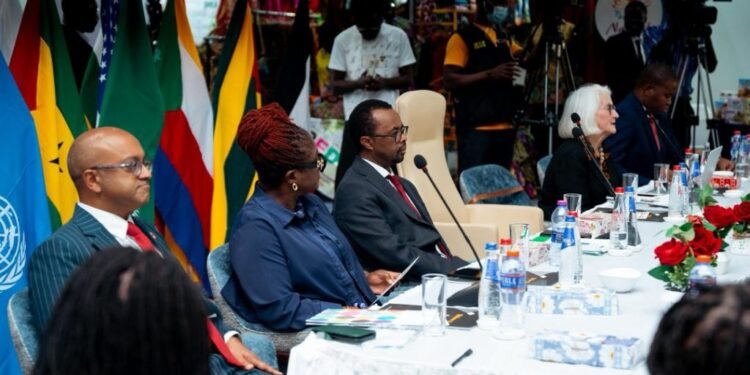Chancellor Rachel Reeves has called on the British public to remain patient as Labour works to deliver the economic change promised during last summer’s general election, warning that the transformation voters backed was “never going to happen overnight.”
Speaking with a mix of urgency and caution, Ms Reeves said she was “impatient” to make progress and stressed that ministers had already begun the process of reversing the UK’s economic woes. However, she acknowledged there was “lots more to do” and placed the blame for current financial challenges squarely on the shoulders of the last Conservative government.
Her remarks came shortly after the Bank of England forecast months of sharp price rises, citing escalating food costs as a major driver. The central bank noted that the government’s recent rise in national insurance contributions and the minimum wage were among the factors pushing up the cost of supermarket essentials. To stimulate the economy, the Bank cut interest rates to 4 percent.
Adding to the pressure, the Treasury faces a looming £50bn hole in public finances. Economists have warned that Ms Reeves may need to consider tax increases, spending cuts, or abandoning her fiscal rules to address the shortfall.
The warnings emerged less than a day after Prime Minister Keir Starmer pledged that this autumn’s Budget would ensure “people feel better off.” Ms Reeves cautioned that such improvements would require time.
She reaffirmed her “mission” to “end the cycle of decline, tackle the unfairness in our economy, give every community the chance to thrive, and to make the lives of every working person better off.”
However, she made clear her frustration over the pace of change: “I’m impatient for the change people voted for to be delivered, but I have always known it was never going to happen overnight.”
The chancellor also hit out at her predecessors, accusing the Conservatives of leaving a £22bn fiscal gap and overseeing “endless spirals of chaos” over the past decade. In a pointed statement, she wrote: “We know whose side we are on – the side of working people who for too long have seen promises made but never delivered, because politicians ducked the big decisions.”
Progress, she said, was already visible in the form of trade deals with the United States, India, and the European Union.
Bank Warns Of Higher Food Inflation
Earlier this week, the Bank of England projected that headline inflation would climb to 4 percent by September, with food price inflation reaching 5.5 percent in the run-up to Christmas. The forecast signalled renewed pressure on household budgets, which were already feeling the squeeze from higher living costs.

Meanwhile, Sir Keir left open the possibility of further tax rises in the autumn Budget, declining to rule out changes to VAT, income tax, or corporation tax, despite Labour’s previous manifesto pledge to avoid such increases.
The National Institute of Economic and Social Research (NIESR) added to the fiscal concerns, suggesting that Ms Reeves may have to consider spending cuts to address a £41.2bn shortfall in borrowing targets by 2029–30. These targets are tied to her self-imposed “stability rule.”
NIESR economists said that to restore the government’s £10bn fiscal “buffer” from last year’s Budget, Ms Reeves would need to raise £51.1bn in total, a daunting challenge that will test Labour’s political resolve in the months ahead.
READ ALSO: Ghana Bids Farewell to Two Muslim Victims of Helicopter Crash























